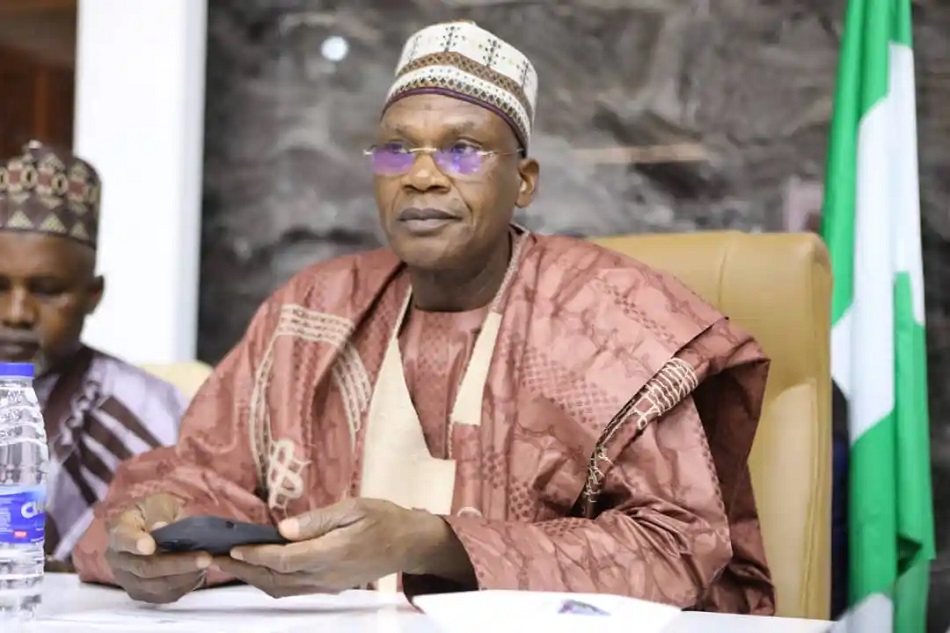

The Minister of State for Education, Dr Yusuf Sununu, made the clarification in Abuja on Friday while fielding questions from newsmen at an event to mark the 2024 International Literacy Day (ILD).
EDITORS PICK:
Sununu said that the public misconception and misinterpretation of what was said by the Minister of Education, Prof. Tahir Mamman, was highly disappointing.
He said that the minister was actually speaking on the 18 years entry age into the tertiary institutions as was practiced in the 6:3:3:4 system of education.
“We have agreed that we are going to consider it as a work-in-progress. The National Assembly is working and we are also working.
“It was shocking to say that a university in this country gave admission to children at ages 10, 11 and 12 years. This is totally wrong.
“We are not saying that there are no exceptions, we know we can have talented students that have the IQ of an adult even at age 6 and 7, but these are very few.
“There must be a rule, and the ministry is looking at developing a guideline on how to identify a talented child, so that parents don’t say we are blocking their children’s chances.
“Nobody said no child will write WAEC, NECO or any other examination unless at age 18. This is a misconception and misrepresentation of what we have said,” he said.
Speaking on the International Literacy Day, Sununu underscored the critical role of literacy in fostering mutual understanding, peace and socio-economic development.
He reaffirmed the Federal Government’s commitment to addressing literacy challenges through the Education for Renewed Hope roadmap (2024-2027).
He highlighted youth and adult literacy as key components, while emphasising the importance of using learners’ mother tongues as a medium of instruction.
“We must focus on the role of a learner’s first language in becoming literate, which will foster mutual understanding and peace,” he added.
He also emphasised the need for well-trained educators who should be equipped to teach in local languages, as well as the development of follow-up reading materials in these languages.
CLICK TO WATCH OUR VIDEO OF THE WEEK
MTN Nigeria is hiring a Service Fulfillment Manager for its broadband division. The role involves…
Bonzee Consulting is hiring a female Social Media Manager in Lagos. Role involves managing social…
Guardiola rules out bonuses for players even if they win Club World Cup. City faces…